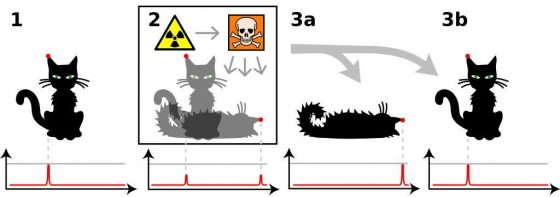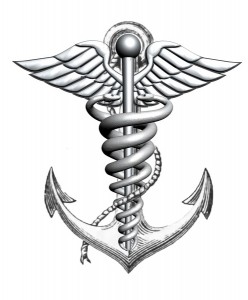
Most everyone in my family, most of our friends, and a lot of our neighbors have received at least one COVID vaccination shot! It is starting to feel like this year-long nightmare is winding down. And we are lucky to live in the right country and in the right state and in the right city where things are likely to get back to normal sooner rather than later. No one can deny that this had been a very difficult year. But part of the difficulty had been our own behavior. It is quite possible that if we heeded the science and recommendations from the doctors (not the politicians), we would have been here sooner with fewer lives lost and less devastation to our economy. So why didn’t we do all we could to arrest the progress of this devastating disease? Why did we take stupid risks? Why did some people refuse to wear masks and self-isolate? Well, consider the Marshmallow Test. In brief, a Marshmallow Test is an experiment that tries to measure the delayed gratification quotient. A child is given a marshmallow (or any other small but highly desired reward) and asked to wait alone in the room with…




